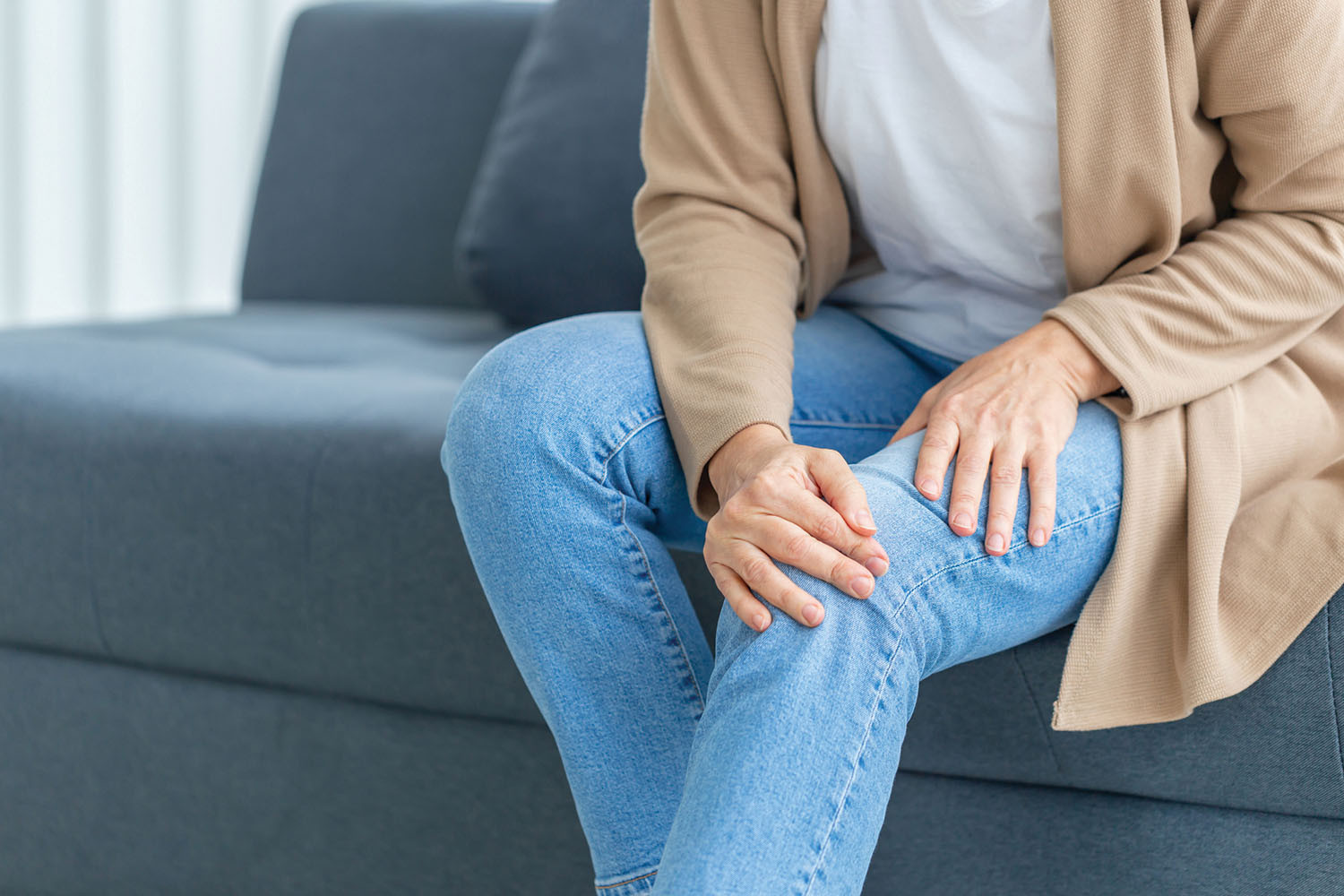
What are somatic workouts?

How to curb your stress eating

How to spot Parkinson’s disease symptoms

8 simple ways to reduce ultra-processed foods in your diet

Heart failure symptoms in women: How they’re different

GERD diet: Foods to avoid to reduce acid reflux

Strong is the new skinny

Everyday habits that sneakily weaken your bones

Don’t wait to get help for back pain

Correcting how you walk may ease osteoarthritis knee pain
Pain Archive
Articles
Take arms against perplexing pain
Pain in the shoulder, elbow, or wrist without obvious injury is common. Possible causes include arthritis, bursitis, frozen shoulder, rotator cuff tear, tendinitis, or nerve compression in the carpal tunnel or the cubital tunnel. Home remedies include rest, ice, compression, or elevation; over-the-counter anti-inflammatory pain relievers; and devices such as a splint or brace. Other treatments include physical therapy or steroid injections. Surgery is usually a last resort.
Do we feel pain more at night?
Chronic pain typically fluctuates during the day and some research suggests that it worsens at night, potentially interfering with sleep. If pain keeps you awake at night, trying these strategies may help you sleep better.
Chest pain from inflamed joints
Costochondritis, which is caused by inflammation of the cartilage between the ribs and the breastbone, causes chest pain that's often mistaken for a heart problem.
Stopping pain before it turns chronic
Short-term (acute) pain occurs for various reasons, like a sports or exercise injury, a broken bone, a medical procedure, or a household accident. Many times the pain goes away or diminishes on its own or with a combination of rest and over-the-counter remedies. But if ignored, the pain may progress to longer and potentially more serious chronic pain that requires stronger medication, physical therapy, and other treatments.
Does cannabis actually relieve pain — or is something else going on?
Treating pain is the most common reason offered by the millions of Americans who use products that contain cannabinoids. However, there's good evidence that a placebo provides very similar pain relief. But why?
When the first step is the hardest
Women are twice as likely as men to develop plantar fasciitis, the most common cause of chronic heel pain. Pain is worst in the morning and eases over the course of the day. Older adults, some athletes, and people who are overweight or obese are likelier to develop plantar fasciitis. Mainstay treatments include stretches, medication, night splints, and supportive shoes. Emerging treatments include injections of botulinum toxin (Botox), platelet-rich plasma, or fat.
Does weight loss surgery relieve pain?
Weight-loss surgery has many proven benefits. Now, data from a study of people who had bariatric surgery and were followed for several years suggests that it also improves pain and physical function.
New guidelines on opioids for pain relief: What you need to know
The CDC's 2016 guidelines for prescribing opioid medications aimed to reduce deaths from overdose. Recent revisions to these guidelines aim for refinement while emphasizing safety and the importance of finding the best treatment solution for each person.
Drug-free solutions for pain
Relying on pain pills for persistent aches, pains, and soreness can come with side effects and increase the risk of drug dependency. A solution is to try any of several available drug-free therapies to help manage and even treat common types of pain, such as physical and massage therapy, yoga, acupuncture, and therapies that help change your perception and reaction to pain.
What triggers weather-related joint pain?
Many people say they feel joint pain that arrives with cold or damp weather. While research hasn't confirmed why, changes in barometric pressure can place pressure on joints that may lead to aches.

What are somatic workouts?

How to curb your stress eating

How to spot Parkinson’s disease symptoms

8 simple ways to reduce ultra-processed foods in your diet

Heart failure symptoms in women: How they’re different

GERD diet: Foods to avoid to reduce acid reflux

Strong is the new skinny

Everyday habits that sneakily weaken your bones

Don’t wait to get help for back pain

Correcting how you walk may ease osteoarthritis knee pain
Free Healthbeat Signup
Get the latest in health news delivered to your inbox!
Sign Up











